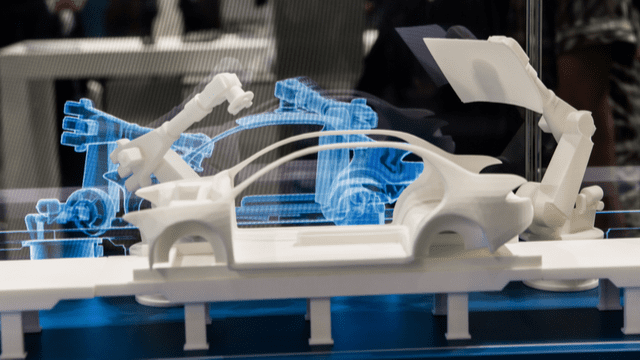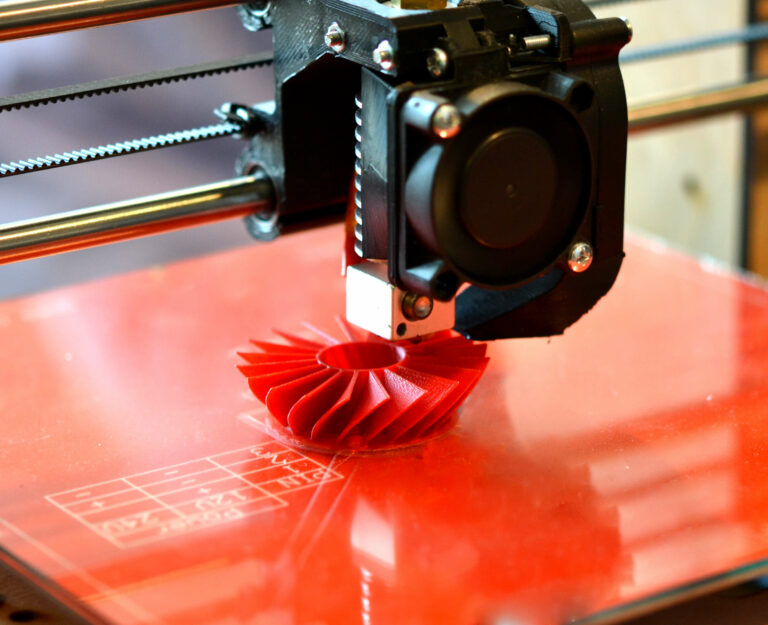Technological transformation – friend or foe?
- Manufacturing
- R&D Tax Credits
- Innovation
- 5 Min Read
We live in a data-driven world where anything can be tracked, traced and targeted. As a result, expectations have changed. We want, and demand, everything to be better, faster, more economical or more personalised. Never before has the old adage ‘the customer is always right’ rung so true. The impact of this is having a huge impact across business, including the industrial sectors.
The good news is that, not only can technological transformation create the problem, but it can also offer a solution. The concern for industrial businesses is whether they are agile enough to be able to benefit from the solutions available, at a rate that keeps up with – or predicts – changes in consumer behaviour. How can they become better and faster while offering greater value and personalisation?
Better
To become the best, you need to be better than your competitors. That’s why embracing new technology early is important for your business. The survivors and thrivers in industry over the next few years will be those that have been able to develop a competitive edge from understanding what their customers want and need faster and more accurately than the competition. Here, data is your friend.
Faster
Within a smart factory, the use of simulation tools such as digital twins can reduce the time required to design and create new products. In addition, autonomous machines can supply large volumes of data that allows manufacturers to track metrics such as workflow and machine history. For functions such as predictive maintenance, this can contribute to a reduction in downtime, enabling manufacturers to improve machine availability and overall productivity. In addition, advanced robotics systems also have the necessary flexibility to be rapidly reconfigured and repurposed as markets change – offering the agility modern manufacturers need.

More economical
Smart manufacturing provides access to often complex data sets that allow operational costs, particularly stockholding and maintenance costs to be minimised. Failures, for example, can be identified in real-time and wear patterns can support planned maintenance at a time that will have the least impact on your production schedules.
More personalised
The manufacturing sector has entered an era of mass customisation with short product life-cycles and volatile demand. If you can see that this is a trend that will affect your business, you may need to adopt technologies that allow the production of small batches or even individually customised products. 3D printing technology, enabling batch production is one solution which is already a viable option for complex parts and products that are required in low volumes, but for customisation that can easily be scaled up or down it can be an expensive solution.
For the true power of technological transformation to be considered as a friend by manufacturers, they need to embrace Industry 4.0 and become ‘digital champions.’ For more information, download our whitepaper ‘Unleash the Power of the Smart Factory’ for free here: https://www.mpa.co.uk/whitepaper-unleash-the-power-of-the-smart-factory/.
Get in touch

